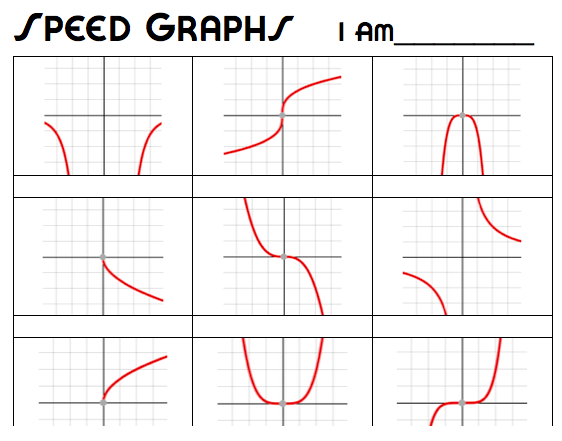Passion, Trigonometry, & Locked Doors
/The other day Rory posted a new problem solving method with a 75 letter acronym. I have no idea what it was, but the first letter was this.
P: What problem in my local community ignites my passion to the point of action?
On Friday at school I had a long conversation with John, a programmer who is working with ASB to design some gamification stuff. Looking around my classroom he saw the unit circles everywhere and exclaimed his love for trigonometry. «I need you to come talk to my students!» I exclaimed after he went on and on about how he uses trig all the time in the programs he writes. I wonder if he learned most of that trig when he really needed it for the coding, or it was all from tenth grade (I suspect the former).

Just like today when I finally learned how to break open a locked door with a credit card. I was standing in the doorway above, admiring my newly installed chin up bar, thinking «maybe tomorrow I will be able to do one chin up» when I closed the door to discover two things: first, the door could still close with the chin up bar in place (this should have been obvious) and, second, the door was now locked!
With no key, and a lock that was real (not one of those US bathroom locks that comes with a pin) it was time to hit the net. I had, of course, heard of using a credit card to open a locked door, but always figured it wasn't really possible with a real door or with a real lock. Luckily my computer was not in the locked room, so off to YouTube I went. Gold immediately, with a young man (maybe 12) clearly demonstrating how to open his front door with a credit card. I watched it a few times until I was convinced that I too could get into my locked bedroom, and I did. Here is the clip. John's desire to learn trigonometry was ignited by his passion for video games. I needed to learn lock picking to get into my bedroom. When passion is ignited learning follows.






